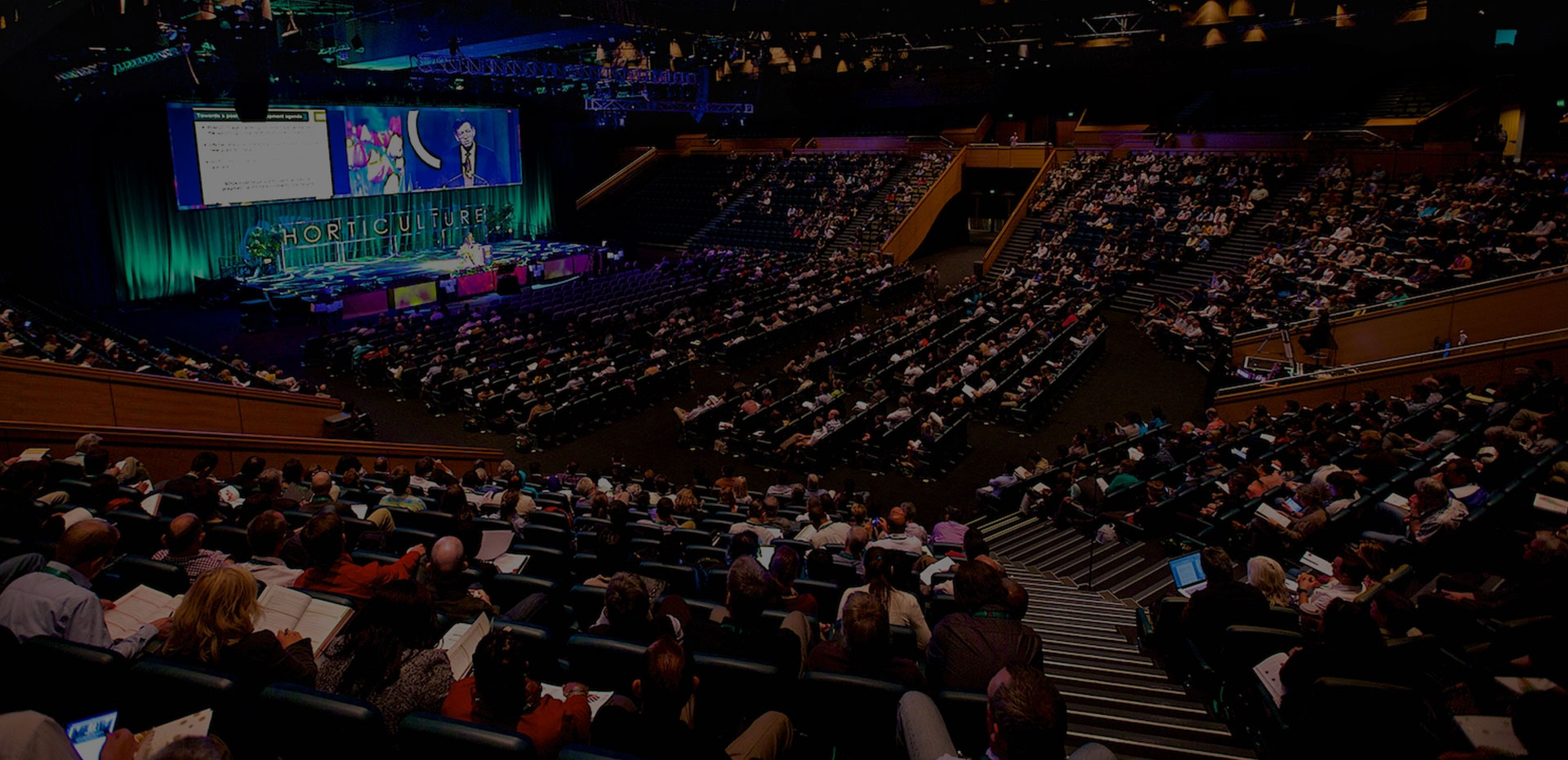

CEP International
Conference 2023
CEP International
Conference2023
Interweaving Anthropology, Science,
and Narrative:
Postanthropocentric
Mappings in the Era of Climate Crises
Event dates: 1st to 3rd November 2023
Interweaving Anthropology, Science,
and Narrative:
Postanthropocentric ,
Mappings in the Era of Climate Crises
Event dates: 1st to 3rd November 2023
Register NowRegister Now


CEP International Conference
This conference organised by Department of Humanities and Social Sciences, IITKharagpur in association with University of Oldenburg, Germany and IMIS Bhubaneswar can be attended both through online and offline mode.Overview
With anthropocenity driving the planet towards brink of extinction, the survival of humanity hinges on reconfiguring its relationship with narratives. Rather than merely using narrative spaces to record encounters with phenomenological realities, narratives should become an effective mechanism for actualizing a post-anthropocentric imaginary. John Wyndham’s The Kraken Wakes, Amitav Ghosh’s The Nutmeg’s Curse: Parables of Planet in Crisis, Rajat Chowdhury’s The Butterfly Effect, James Bradley’s Clade and Jaspreet Singh’s Face imagine such a world by combining multiple trans-disciplinary strands. In their bid to problematize and transcend the existent anthropocentrism these writers produce new ecocratic sensibilities through their narratives, searching for what can stand as foundational essences of the post anthropocentric world that we seek to actualize at this juncture.
Simultaneously, anthropocentric narrators maintain a disjunctive relationality with organization of modern narratives and engage with planetary sciences, emphasizing the need for a “new philosophical anthropology”. However, this is a process that partakes of side-lining modern narrative’s colonial genealogy and overlooking the degree to which precolonial knowledge systems were integral to planetary and geological sciences. Despite these challenges, anthropocentric narratives offer a powerful means of grappling with the urgent issues facing our planet and imagining a post-anthropocentric future.
Our conference would then aim to engage with the following questions:
- In what ways do what we call anthropocene narratives repeat the patterns of modern narratives and in what respects do they strike a radical departure from such patterns, radically transcending the outlooks and characteristics of modernity?
- How do these narratives revisit the conceptual territory of agency, concomitant with individuations (whether as cultural institutions or as narrative devices), while emphasizing geo-historicity and planetarity?
- How do these narratives stand as the production house of philosophical anthropology and the supplemental ally of science?
- Whether these narratives can be wedded to decolonial and postcolonial concerns or we need an exclusive set of new fictions that can yield what we may call decolonial ecosophy reflecting engagement with archived and minor alternative histories?
- How does the literatures on and around climate narratives promote climate activism ?



Contact Us
- Research Associates
Dipra Sarkhel
Email: diprasarkhel@gmail.com
Ph: 9474106244
- Dibyendu Sahana
Email: sahanadibyendu01@gmail.com
Ph: 7074365706













